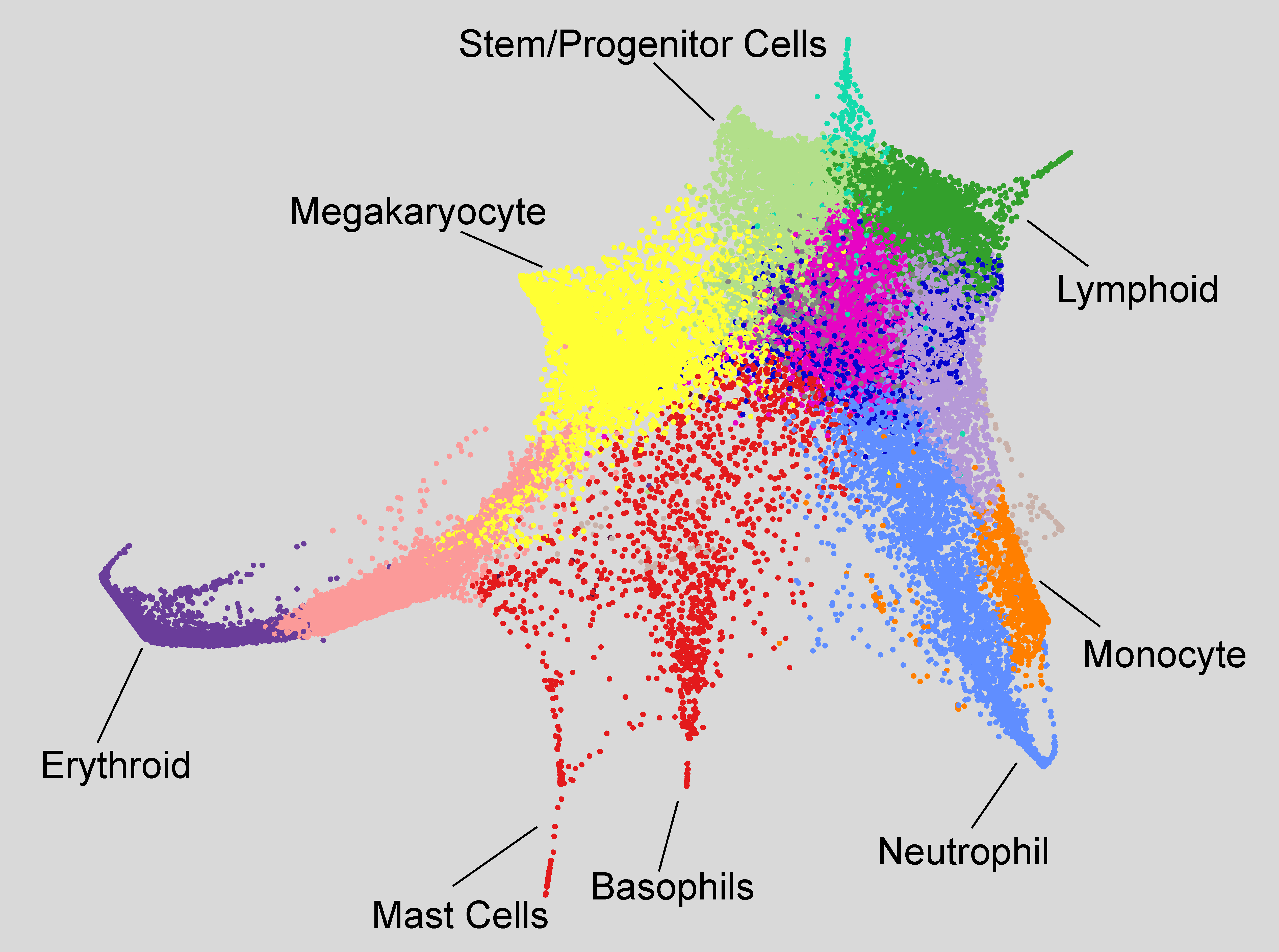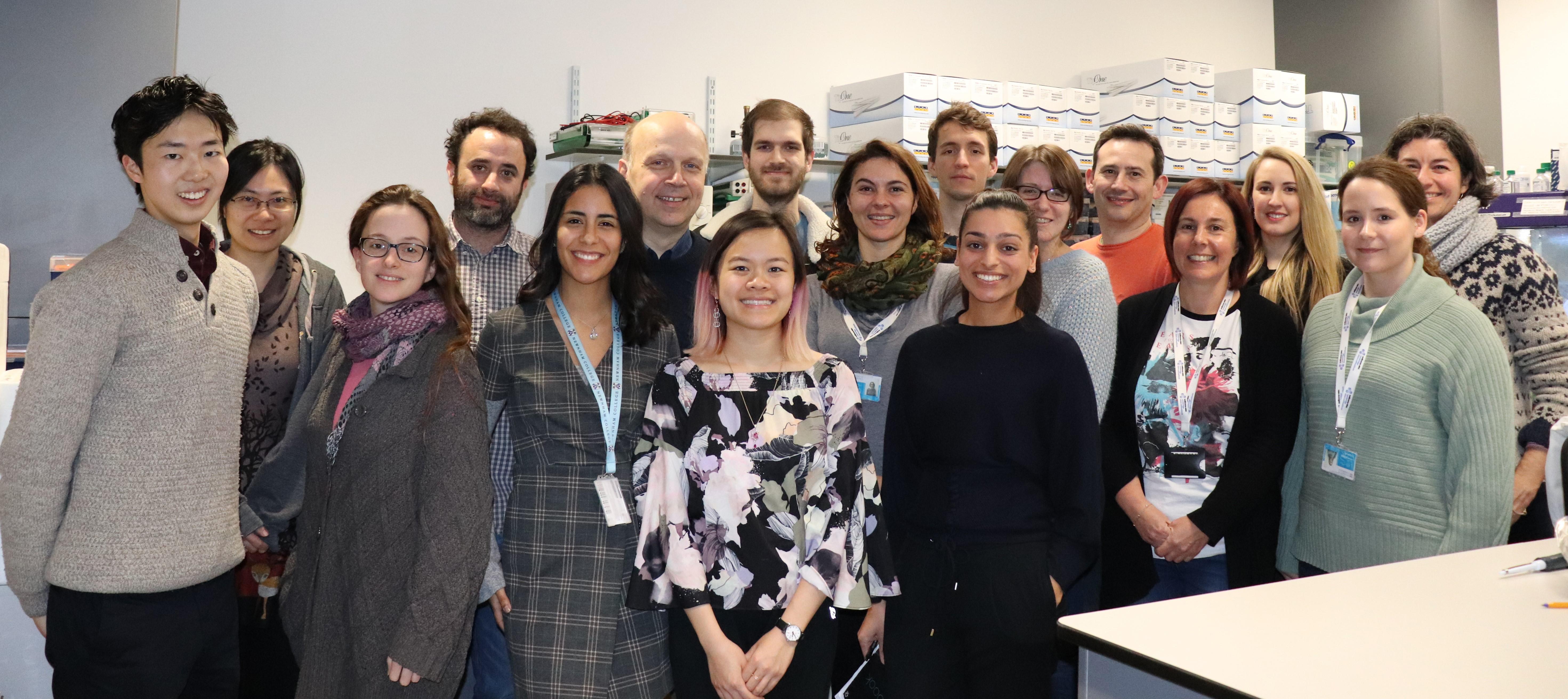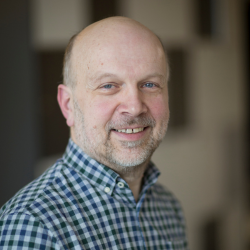Cellular decision making in normal and leukaemic blood stem cells
Laboratory: Cambridge Stem Cell Institute, Jeffrey Cheah Biomedical Centre
Departmental Affiliation: Haematology
Biography
Bertie Göttgens currently serves as Director of the Wellcome-MRC Cambridge Stem Cell Institute.
He graduated from Tübingen University in 1992 with a degree in biochemistry. He received his DPhil in biological sciences from the University of Oxford in 1994 and then proceeded to a post-doc position in the Department of Haematology, University of Cambridge, between 1994-2001.
Between 2002-2007 he was a Leukaemia Research Fund Lecturer in the Department of Haematology, Cambridge. He was then a University Lecturer, and subsequently a Reader in Haematology, between 2007-2011.
Since October 2011, Bertie has been Professor of Molecular Haematology, University of Cambridge.
Funding
MRC, Wellcome, Blood Cancer UK, Cancer Research UK, NIH, Aging Biology Foundation
Reconstruction of the haematopoietic differentiation landscape from 45,000 single cell transcriptomes generated from mouse bone marrow (lineage negative / Sca1 positive / Kit positive and lineage negative / Kit positive fractions). Each circle represents a single cell, with the circle colours reporting the results of unsupervised Louvain clustering. The labels indicate the stem/progenitor territory as well as entry points for differentiation trajectories into seven distinct blood lineages.
Research
The Göttgens group uses a combination of experimental and computational approaches to study how blood cells develop, and how mutations in stem/progenitor cells can cause leukaemia. This integrated approach has resulted in the discovery of new combinatorial interactions between key blood stem cell regulators, as well as experimentally validated computational models for blood stem cells. Current research focuses on (i) single cell genomics of early blood development, (ii) modelling the transcriptional landscape of blood stem and progenitor cell differentiation, (iii) transcriptional consequences of leukaemogenic mutations in leukaemia stem/progenitor cells, and (iv) single cell characterisation of the molecular consequences of SARS-CoV-2 infection on human blood stem/progenitor cell populations.
Gottgens Group photo
Plain English
Blood stem cells ensure the constant supply of new blood cells throughout a person’s lifetime. The normal function of blood stem cells critically depends on the fine tuning of which genes should be active at any given time. Moreover, a large number of leukaemias arise, when this fine balance of gene activities is disturbed. Through our research, we want to answer the following questions:
• What are the mechanisms that regulate gene activities to ensure normal blood stem cell function?
• Can we identify new strategies to treat leukaemia by reversing the disturbed balance of gene activities?
To answer these questions, we use a combination of experimental and computational approaches. This has allowed us to discover how individual regulatory genes are connected to form complex networks and how perturbation of these complex networks can cause leukaemia.




